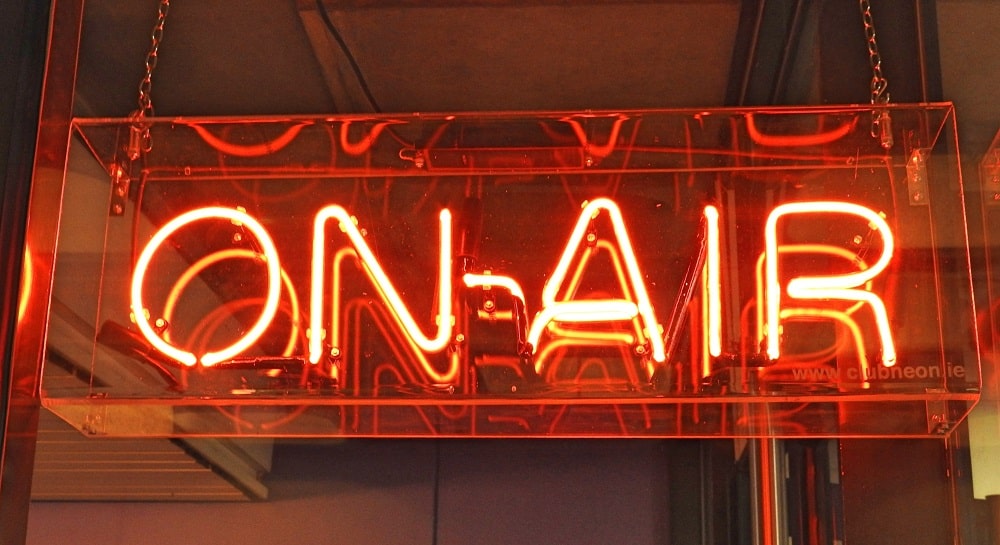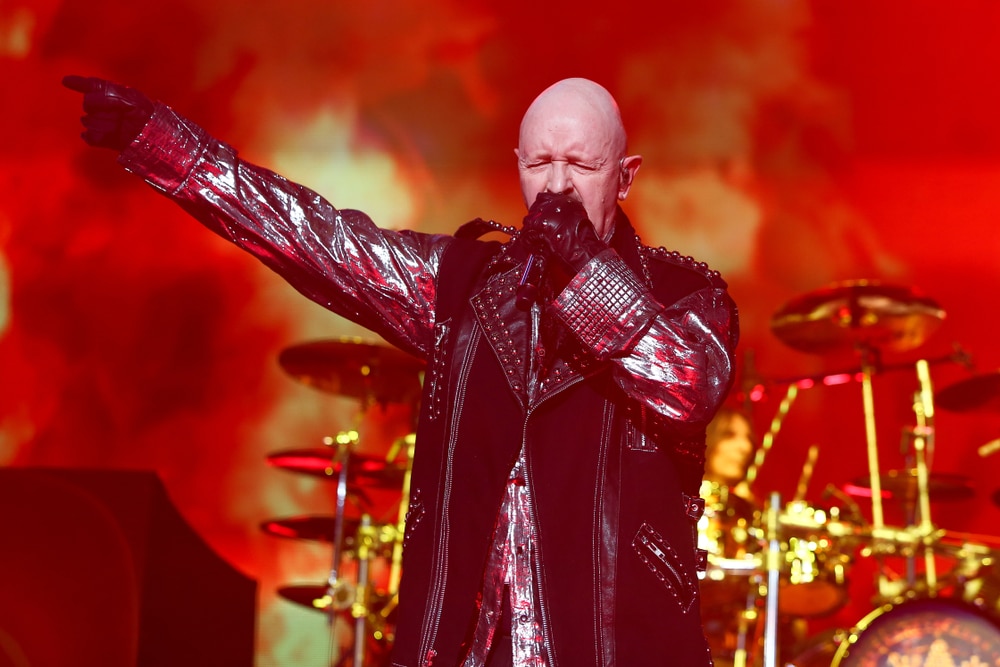The man who’d spearheaded punk rockers the Radiators from Space in the 1970s, before joining The Pogues, had been terminally ill for months. Yet news of his departure came as a shock.
This article appears in today’s Irish Independent and is written by rock journalist and Phil Chevron friend/fan Eamon Carr.
Ireland has lost a visionary creative artist whose songwriting and pioneering example did much to change our cultural landscape for the better.
A recent tribute concert held in Dublin in his honour proved how Philip’s influence had stretched far and wide since that day in the mid-1970s when he stepped into a mythical phone box as schoolboy Philip Ryan and emerged as PhilipChevron, the man who might save the world.
And, make no mistake, we needed saving back then.
The changes experienced around the western world since the cultural revolutions of the 1960s had yet to be felt in Ireland.
But this scrawny teenager had antennae tuned for the reformative, the progressive and the radical in the arts.
When you consider what went before, it’s clear that when Chevron charged the citadel he wasn’t simply tilting at windmills as some of his then detractors thought. He was leading by example in delivering a wake-up call to the complacent.
“Shout out the truth they like to hide,” he advised in 1977 on ‘Enemies’, a song on ‘TV Tube Heart’.
Some laughed. This was Ireland, after all. But enough people heard and understood. The strength of his songwriting, the clarity of his insights, delivered with humour and impatience, proved irresistible and undeniable. Philip was always courageous. Right to the end.
But back then it took guts for a gay teenager to front an electric band in the bear pit that was punk rock. To his eternal credit, Philip never sold himself, or his audience, short.
Around 1976 when we first worked together, Philip produced an album by Agnes Bernelle, the great exponent of Berlin cabaret songs.
It was then I came to understand the full range of Philip’s academic interests. Theatre and musical theatre vied with vintage rock ‘n’ roll and a burgeoning interest in football as his work established him on the world stage.
The Pogues won’t mind me saying that he brought a much-needed stability to their freewheelin’ caravan of bad craziness. Not that he didn’t contribute to the mayhem of the Pogues’ touring juggernaut. He did. And ultimately it took its toll.
But in the 1970s and 80s, being a rock musician was considered marginally less dangerous an occupation than being a news photographer in a war zone. Not that this bothered Philip. His was a vocation, not a job.
Ireland has lost its great punk aesthete. And I’ve lost a valued friend.
There, I’ve said it. I’ve attempted to maintain a professional distance, tried to keep from becoming too personal, in writing this short piece. But I can’t. I’ve lost a loyal friend, confidante and ally. Someone of enormous integrity, dignity and courage.
Philip’s death is crushing news. And it’s painful ransacking the memory banks for a few little yarns to share.
Maybe I should just say a few words about the man’s great generosity.
When Philip was working on last year’s album, ‘Sound City Beat’, he invited me to recite Philip Lynott’s lyric ‘Dublin’ as an introduction to his version of the song.
I sensed Chevron was orchestrating an auld triangle between three old friends that hopefully might endure.
Indeed, for as long as his songs are sung, Ireland’s future will be a better one. Thanks to the gallant creative efforts of Philip Chevron.
And while I, like countless others, will miss having him around, I take a tiny grain of comfort from knowing that, for once, I found the right words when congratulating him on that startling appearance at the Olympia Theatre that became in effect his final curtain call.
“Philip, you were magnificent,” I told him. “Magnificent.”







